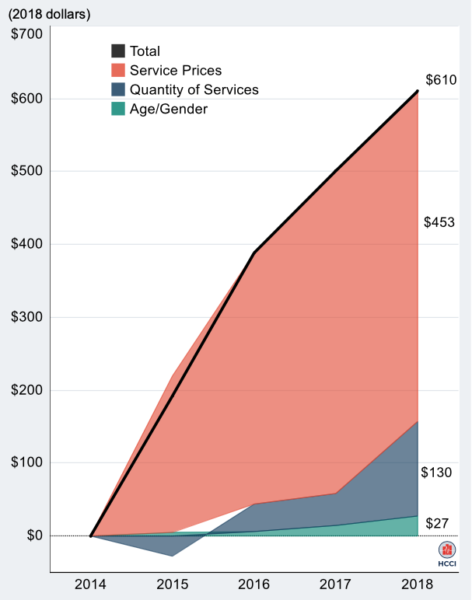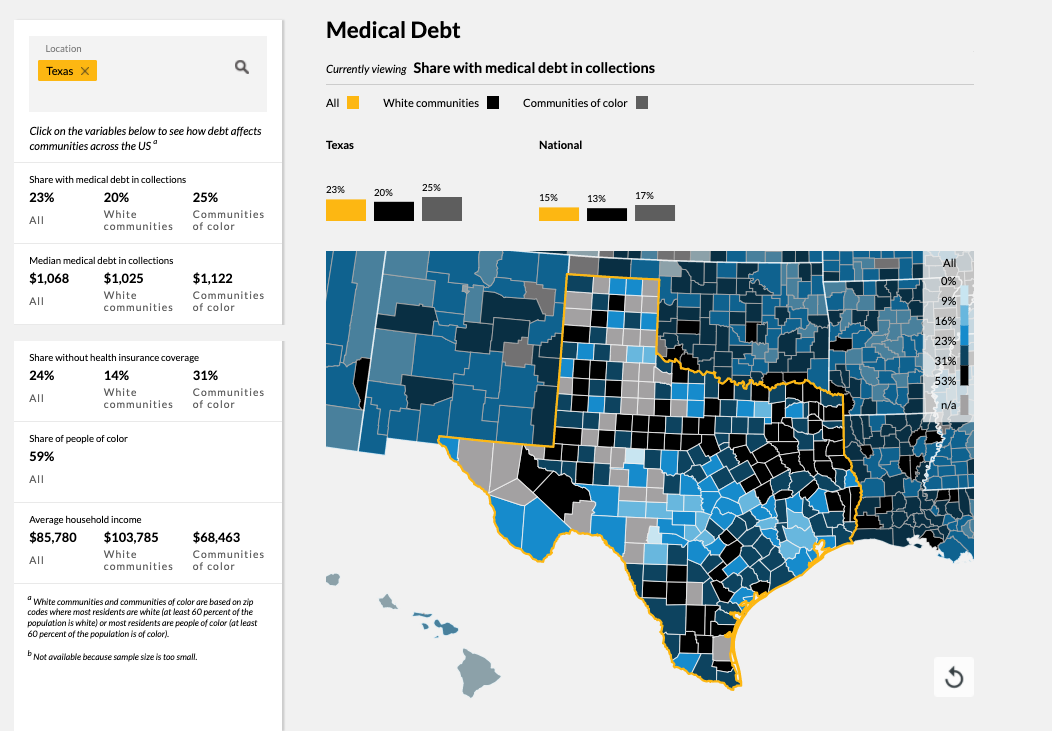Rising costs have put health care out of reach for far too many Texans. This is clearly true for the five million without health insurance, but higher prices are also affecting many Texans who do have health insurance today. In fact, escalating prices have led 56% of Texan households with insurance to skip or postpone health care solely because of cost. It doesn’t have to be this way.

Searching for the best quality care can be a daunting task. Lower-cost, high-quality providers exist — but, Texans and their employers cannot always access information about the price and quality needed to identify these high-value options.
With access to open markets and transparent pricing, Texans can make informed choices when shopping for just about everything today. Consumers can easily find what they need, when they need it and compare prices before they buy. Except, for now, in health care. To make it easier for Texans to find high-value health care providers, we must make prices transparent.
Thankfully, help is on the way.
Texas lawmakers have filed a dozen bills this session that aim to provide Texans with greater clarity on medical prices. The first of these, SB 1137 by Senate Health & Human Services Committee Chair Lois Kolkhorst, which requires disclosure of hospital prices, has already passed the Senate unanimously. In the House, HB 2090 by House Calendars Committee Chairman Dustin Burrows, which requires cost disclosures by health benefit plan issuers, was voted out of the House Insurance Committee. SB 1845 by Sen. Charles Schwertner, and SB 2122, by Sen. Bryan Hughes, would require itemized medical bills so patients can understand what they’re being charged for and make sure the bill is correct. And SB 2121, by Sen. Hughes would ensure that Texans who want to use this information to make smart shopping decisions are not penalized for doing so by their insurance company.
This help can’t come soon enough.
The Health Care Cost Institute conducted a study of health care costs in employer-sponsored plans from 2014-2018 and found that “after adjusting for inflation, prices accounted for three-quarters of spending growth.” And a recent report by the Urban League shows Texas has the fourth-highest medical debt in the country, with 23% of all Texans with medical debt in collections.
The Texas legislature has taken steps in the past to protect Texans from some of the worst abuses with emergency medical bills. But the fear of unexpected and burdensome medical costs continues to haunt Texans, particularly Texas mothers, who need non-emergency care. According to this year’s Texas Voter Poll, 57% of mothers reported delaying needed care for themselves or someone in their household because they did not know in advance how much it would cost.
Pricing information is a critical data point for consumers, small businesses, and employers who are looking for the highest quality and best outcomes for the best price. Increasing medical price transparency is crucial to making health care more affordable, giving Texans access to the best value in everything from hospital stays for childbirth to MRIs.
While coverage continues to be an important topic, there are ways in which the Texas legislature can help ensure the prices we pay are increasingly transparent and competitive. These bills will allow Texans and their families to manage their own budgets when shoppable healthcare services are needed and make it possible for employers to ensure that their employees have access to high quality, cost-effective care.
A.J. Rodriguez, a long-time business and civic leader and former Texas Association of Business Chair, is Texas 2036’s Executive Vice President. Charles Miller, former Budget & Policy Advisor for Governor Greg Abbott, is Texas 2036’s Senior Policy Advisor focused on health.

